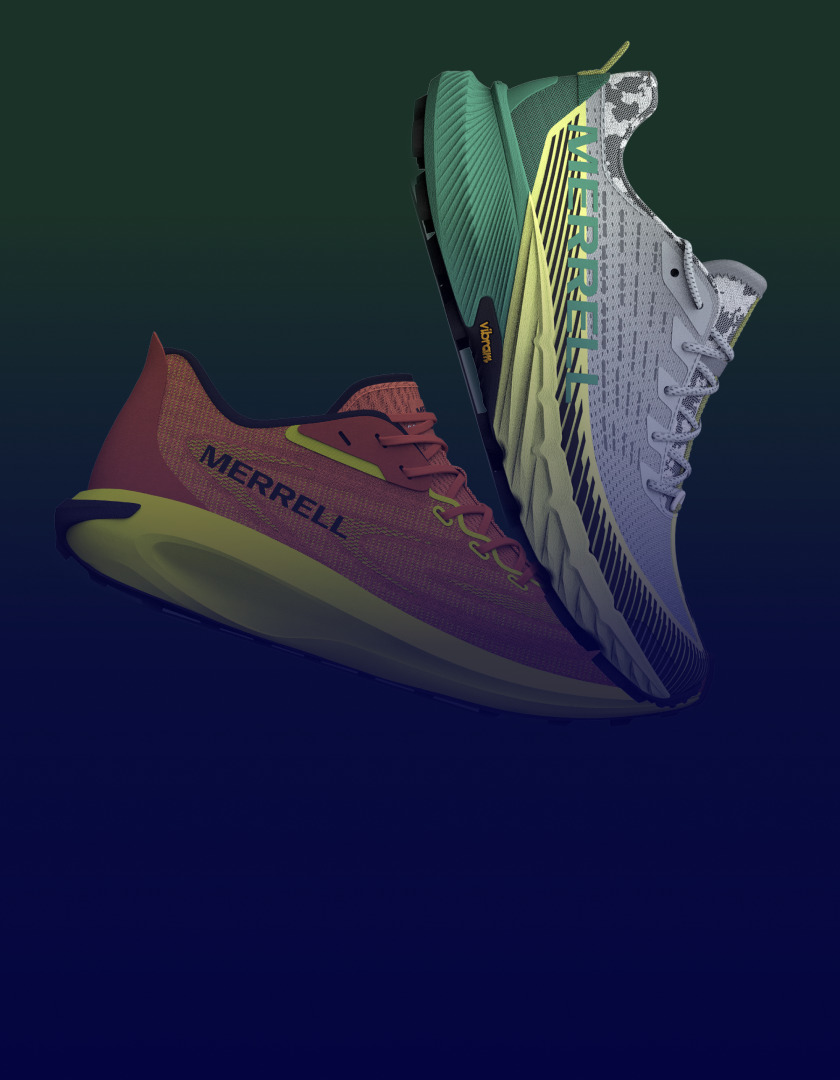How Technology Helps Companies Get Ahead of The Game (Part 2)

Fast fashion is all about agility. More than just having lightning-fast turnaround times, leading retailers can respond in real-time to changes in the market and have oriented their entire cultures around the clockspeed of modern fashion.
In the original MIT paper that coined the term, success in a fast clockspeed environment is defined as the “ability to continually develop a series of temporary competitive advantages”. For fast fashion, which thrives on rapid refresh and replenishment, creating those advantages has resulted in a four-fold increase in profitability over other fashion models.
Traditional retailers, whose clockspeeds are measured in months rather than weeks, are now trying to leverage technology to achieve similar speeds and remain competitive. And independent research shows that cross-functional workflow capabilities and PLM-driven best practices can shave twenty-five weeks (or more) off traditionally long lead times. But as the first part of this series explained, speed to market is only part of the picture. Real retail transformation means matching your processes to the pulse of fashion and finding a PLM solution designed from scratch for the demands of a fast clockspeed environment.

Traditional PLM platforms are often cross-industry: skeleton frameworks that can fit different clockspeeds at the cost of expensive customization and long upgrade cycles. While these are adaptable, they fall short when it comes to the cornerstones of a solution specifically designed for the fast fashion clockspeed: data analytics and design library re-use; support for rapid iterations based on customer feedback; just-in time business methods and best practices; style-color-size product definition semantics; and flexible production and supplier collaboration capabilities.
And these are just the essentials; requirements will change over time as your business responds to changes in the market and as the industry as a whole demands greater and greater operational agility. Day to day, that might mean postponing finished goods commitments until the last minute, shifting capacity from a less-popular style to a hotter one in-season and focusing on captivating customers by designing as close as possible to demand. In the longer term, it means choosing a PLM solution that works at the clockspeed of fast fashion, and a PLM partner who can keep up.

Centric Software® has always been all about fashion and Centric has always been agile. We’ve structured hundreds of brand, retail and manufacturer PLM implementations with our Agile Deployment Methodology, delivering better results, rapid iteration and the flexibility to match our customers’ pace of change and business model evolution. But with our latest market driven PLM update, we’re more determined than ever to drive retail transformation initiatives and help customers of all shapes and sizes who produce all kinds of products learn the lessons of fast fashion.
We have added powerful decision-making analytics, scalable so even the biggest brands can analyze years’ worth of product and supplier performance. We’ve built powerful roll-ups, split hierarchies and drill-downs – and the dashboards to help digest it all at a glance. Centric PLM™ is a real tool for retail transformation – with real ROIs. Stanford University research shows the potential of matching the clockspeed of fast fashion, and changing to a more agile culture. Companies can target profit increases of up to 28%, markdown reductions of 55% and improvements to market capitalization of 43%.

So whether it’s slashing lead times through PLM-driven planning or relying on PLM intelligence to postpone finished product commitments until the optimum moment, retailers who become more responsive to consumer demand will see results. And those results continue to drive Centric to design innovative solutions with a finger on the pulse of fast fashion.








